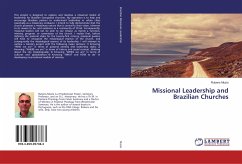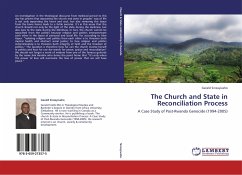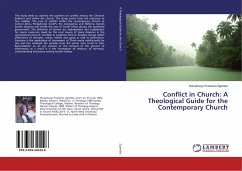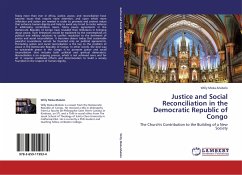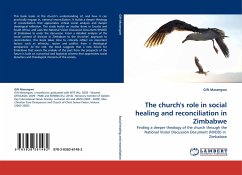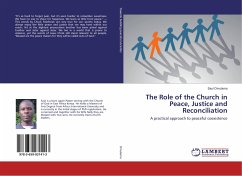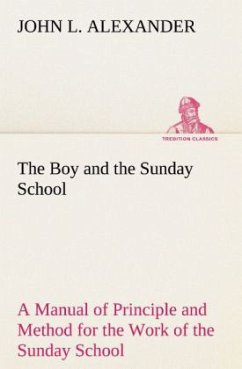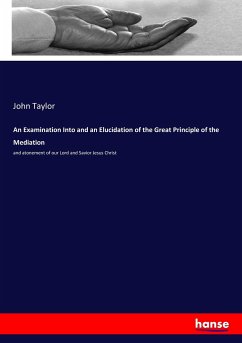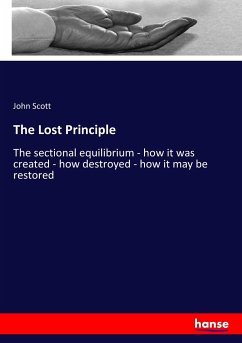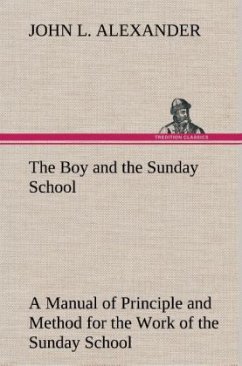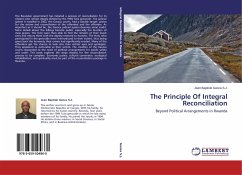
The Principle Of Integral Reconciliation
Beyond Political Arrangements in Rwanda
Versandkostenfrei!
Versandfertig in 6-10 Tagen
19,99 €
inkl. MwSt.

PAYBACK Punkte
10 °P sammeln!
The Rwandan government has initiated a process of reconciliation for its citizens who remain deeply divided by the 1994 Tutsi genocide. The judicial system it installed in 2002, the Gacaca courts, had a double target: justice for the victims and reconciliation of the offended and the offender. As imperfect as it should be, the Gacaca judicial system deserves some credit. More details about the killings became public, especially the location of mass graves. The Tutsi were then able to find the remains of their loved ones and rebury them with the dignity reserved to humans. The Hutu who particip...
The Rwandan government has initiated a process of reconciliation for its citizens who remain deeply divided by the 1994 Tutsi genocide. The judicial system it installed in 2002, the Gacaca courts, had a double target: justice for the victims and reconciliation of the offended and the offender. As imperfect as it should be, the Gacaca judicial system deserves some credit. More details about the killings became public, especially the location of mass graves. The Tutsi were then able to find the remains of their loved ones and rebury them with the dignity reserved to humans. The Hutu who participated in the genocide were reintroduced to their victims, thus being given back the humanity their crimes had significantly eroded. Many of the offenders got the chance to look into their victims' eyes and apologize. They appeared as vulnerable as their victims. The creation of the Gacaca courts responded to the need of political arrangements for public safety and order. This book explores the steps missing for the reconciliation process to be complete. Economic justice, cultural conversion, ecological rehabilitation, and spirituality must be part of the reconciliation package in Rwanda.





